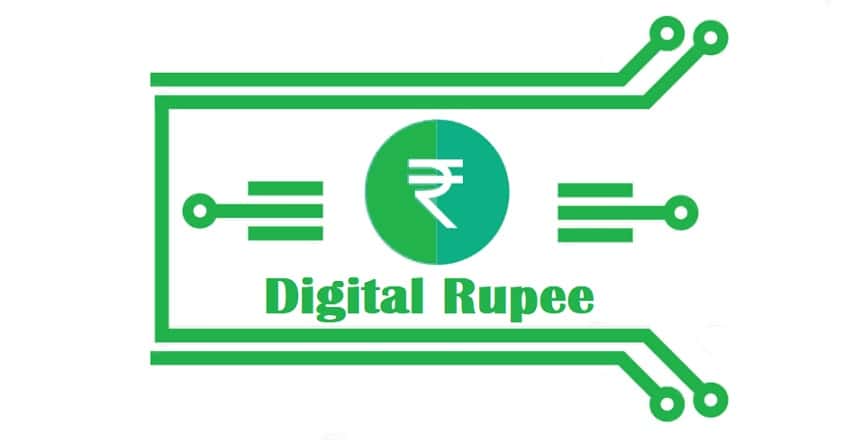The Reserve Bank of India (RBI) has announced that it will soon start testing an alternative national currency called the Digital rupee. This digital rupee will exist in the form of a cryptocurrency, and its development comes at the same time as the Indian government seeks to ban physical cash in an effort to control corruption, increase taxation revenues, and reduce physical crime.
What is this digital rupee? How will it work? Will it replace traditional fiat currency in India? Is it safe?
An Overview of Digital Rupee
India has been struggling to create a unified digital payment system for some time now. A number of companies, including WhatsApp and Google, have also taken shots at developing a unified payments interface (UPI) platform that works seamlessly across all devices.
And that’s where RBI’s digital rupee comes in: A transparent and immutable digital currency based on blockchain technology that could one day replace physical currency in India. But how much do we really know about RBI’s digital rupee? And what questions remain unanswered as India moves forward with its current pilot programs?
The Future of Cryptocurrency in India
If you’ve been following news about cryptocurrency in India, you’ll know that there have been some regulatory concerns. While no laws are changing anytime soon (or so we hope), RBI has announced its new plan for a digital rupee, which may ease some of these concerns.
The idea is simple: instead of keeping all your money in your bank account and paying fees to withdraw cash or make credit card purchases, you can use an app to keep track of your digital rupees (the RBI currency will work with several cryptocurrencies). You can then use those digital rupees to make purchases through an application without ever having to access fiat currency.
How Will the Digital Rupee Work?
Although India’s central bank won’t be launching a cryptocurrency per se, its digital rupee will work similarly to cryptocurrencies. The concept of a digital rupee was first floated by Arun Jaitley in his 2017-2018 budget speech as a possible measure to bring financial inclusion to more than 280 million Indians without bank accounts.
It would also make sending money across borders easier and enable faster remittances between family members and small businesses. Unlike fiat currencies, which are managed by central banks like RBI, cryptocurrencies operate via blockchain technology and exist independently of any government institution or bank controls.
But how exactly do they work? And what are they being used for today? Let’s break down how crypto transactions function on an individual level—and how they could change in the near future.
Will the Digital Rupee Replace Traditional Fiat Currency in India?
Most likely, digital rupees will be issued in addition to traditional fiat currency. Some reports have suggested that the circulation of physical rupees could even be phased out in India as early as 2023 (although, government officials are currently pushing back on these claims).
Whether or not you believe digital rupees will replace traditional currency, one thing is certain: if you’re looking to get into crypto in India, digital rupees may offer some advantages over other currencies. You can avoid high fees and excessive regulations by using a digital rupee—even if it won’t replace your physical cash anytime soon.
How will this affect you?
The Reserve Bank of India’s (RBI) latest cryptocurrency regulation has cast a shadow over how to buy and sell bitcoin in India. RBI released a statement warning users, holders, and traders of all forms of cryptocurrencies – including Bitcoin, Ethereum, Litecoin, Ripple, and others – about financial, operational, legal, and security-related risks associated with investing in virtual currencies.
While RBI has banned banks from providing services to companies dealing in cryptocurrencies like Bitcoin, there are still ways for people to get their hands on virtual currencies through peer-to-peer platforms like LocalBitcoins. There’s also no dearth of crypto exchanges for Indians who wish to trade in digital currencies.
